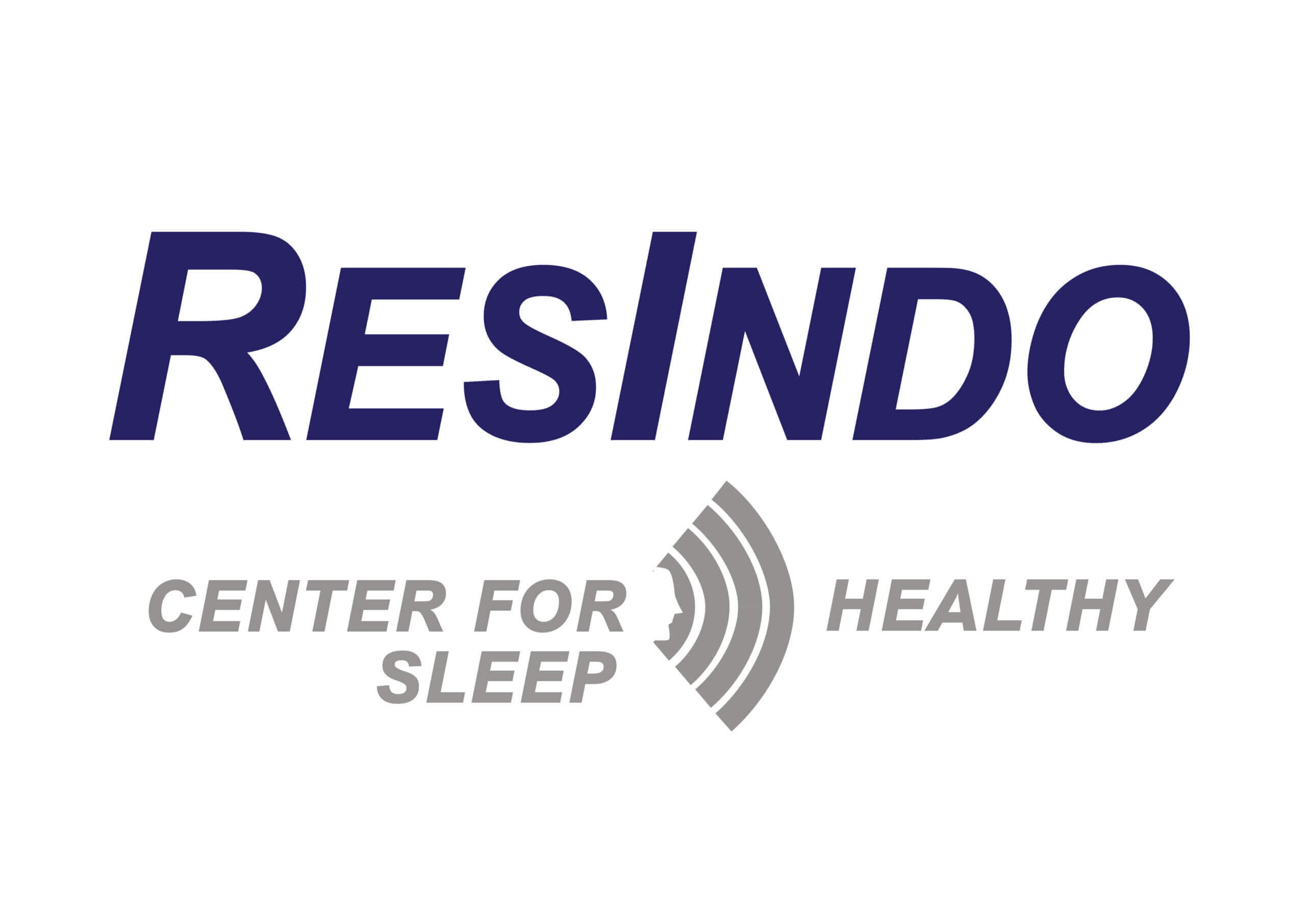Has someone told you that you snore loudly or sometimes gasp for breath while you sleep? Maybe they’ve noticed that you seem to stop breathing from time to time in your sleep. These are classic signs and symptoms of obstructive sleep apnea.
Because it happens when you’re asleep, you may have sleep apnea without knowing. If you have central sleep apnea, you may not snore at all, and you will need to rely on other signs and symptoms to alert you to the problem.
[/et_pb_text][et_pb_text _builder_version=”4.5.0″ _module_preset=”default” hover_enabled=”0″]Symptoms for obstructive sleep apnea
The most common symptoms for obstructive sleep apnea symptoms are:1,2
- Snoring
- Gasping for breath or paused breathing during sleep
- Restless sleep, insomnia
- Frequently urinating at night
- Waking up with night sweats
- Waking up with a dry, sore throat
- Morning headaches
- Feeling constantly tired during the day
- Having trouble concentrating and remembering things
- Impotence and reduced sex drive
- Mood swings
- Gaining weight
- High blood pressure
While these sleep apnea symptoms can be used to help diagnose your sleep apnea, it’s difficult to tell just from the symptoms whether you have mild, moderate or severe sleep apnea.
[/et_pb_text][et_pb_text _builder_version=”4.5.0″ _module_preset=”default” hover_enabled=”0″]Symptoms for central sleep apnea3
There’s quite a bit of overlap between the symptoms of obstructive and central sleep apnea. Both types of sleep apnea interrupted breathing during sleep.
People with central sleep apnea may or may not snore. That’s because central sleep apnea isn’t caused by an obstructed airway. It’s caused by the brain failing to send a signal to the body to take a breath.
Because people with central sleep apnea often sleep quietly, the condition may not be noticed.
[/et_pb_text][et_pb_text _builder_version=”4.5.0″ _module_preset=”default” hover_enabled=”0″]Central sleep apnea symptoms
- Waking up suddenly feeling breathless
- Shortness of breath that is relieved by sitting up
- Insomnia, with difficulty staying asleep
- Daytime sleepiness
- Chest pain at night
- Trouble concentrating
- Trouble concentrating
- Morning headaches
- Difficulty exercising
Sleep apnea treatment
There are several different treatment options for sleep apnea, depending on the type and severity of sleep apnea. If you have mild obstructive sleep apnea, lifestyle changes and regular monitoring may help to control the condition. For moderate and severe obstructive sleep apnea, and for central sleep apnea, treatment is normally recommended and beneficial. Find out about all the treatment options and how they work.
[/et_pb_text][et_pb_text _builder_version=”4.5.0″ _module_preset=”default” hover_enabled=”0″]Citations
1. Source: www.webmd.com/sleep-disorders/sleep-apnea/symptoms-of-sleep-apnea accessed 11 June 2019
2. Source: https://www.betterhealth.vic.gov.au/health/conditionsandtreatments/sleep-apnoea accessed 11 June 2019
[/et_pb_text][/et_pb_column][/et_pb_row][/et_pb_section]